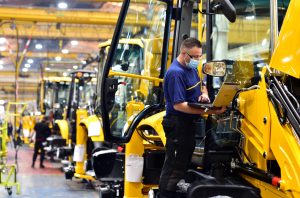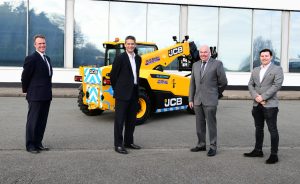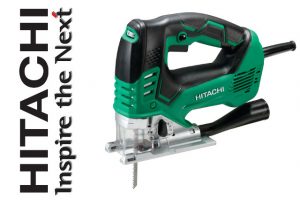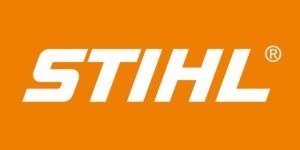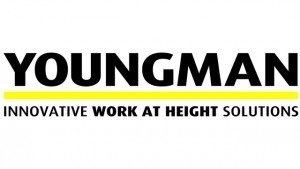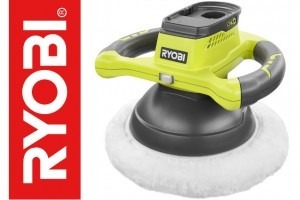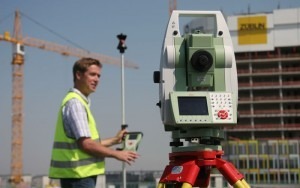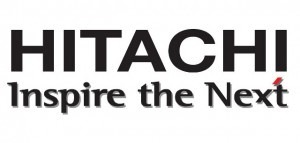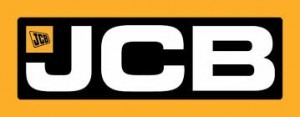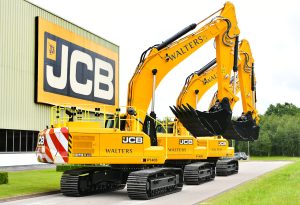Pioneering equipment will slash customer fuel bills
ABird/Apex, the temporary power provider that is part of the HSS Hire Group plc, today announces the addition of advanced energy harvesting systems to its fleet. They will help customers cut fuel bills, operate quietly at night and improve environmental performance.
The introduction of this pioneering equipment, based on modern lithium-ion battery technology, is an important step forward for the industry.
Energy harvesting systems sit alongside generators or on-site renewable power systems, and use their batteries to accumulate and dispense electricity to increase efficiency. For example, battery power alone can be used at times of low demand to save fuel, or at night when generators must be switched off. When the generator is running, battery power can be used temporarily to boost output and meet peaks in demand.
Most energy harvesting systems use lead acid batteries, but the new 41 kWh systems being introduced by ABird/Apex use lithium ion batteries. These provide power for longer, partly because they can be discharged entirely without damaging the battery, whereas lead acid batteries must not be allowed to fall below a 40% charge.
Lithium ion batteries also charge much more quickly. While an energy harvesting system using lead acid batteries could be discharged to 40% and would take about seven hours to be recharged to a full charge, a lithium ion system can be run down further to a 10% charge and then takes just three hours to recharge.
The fuel savings can be considerable. For example, consider a 100kva generator that uses 11 litres of fuel per hour running at 70% load. If an energy harvest system was able to accumulate surplus energy during the daytime, and discharge it for 12 hours at night without the generator running, this would save 132 litres of fuel a day, or 660 litres over a five-day week.
As well as saving money, this would also lower CO2 emissions. A generator typically emits 2.65kg of CO2 per litre of fuel used. In the example above, using battery power for 12 hours at night would lower emissions by 349.8kg per day, or 1,749kg per five-day working week.
Darron Cavanagh, Managing Director of Abird/Apex, says: “Our advanced energy harvesting systems are an important development for the market as a whole, and in the service we offer. They will help customers save money and operate more flexibly and efficiently, and have environmental advantages.
“They are the latest example of the way we introduce technology to bring benefits, especially in terms of reducing fuel consumption. Lithium-ion batteries last longer and charge faster than traditional lead-acid batteries, bringing substantial benefits for customers.
“The energy harvesting systems build on the success of our Remote Fleet Management technology, which allows users to monitor and manage equipment from their mobile, tablet or desktop device. Practical technologies like these, which reflect the needs of customers, make a real difference to their business. We are delighted to be making them available.”
In trials, the energy harvesting systems have proved particularly popular with house builders in urban areas, where their ability to provide a low level of power quietly through the night for lighting and drying rooms is particularly useful. They have also been ordered for projects with stringent environmental criteria, where they can help reduce emissions.


